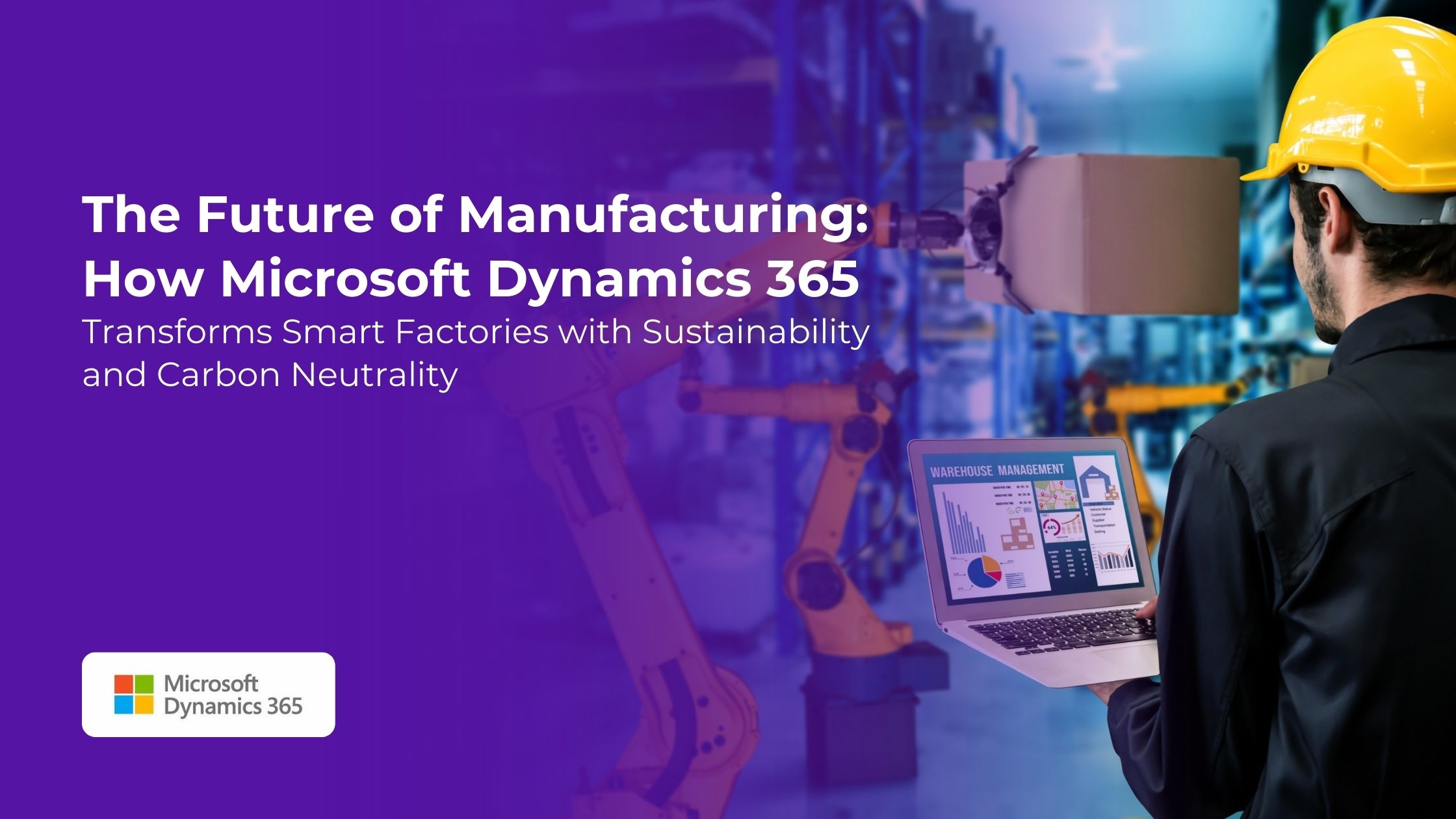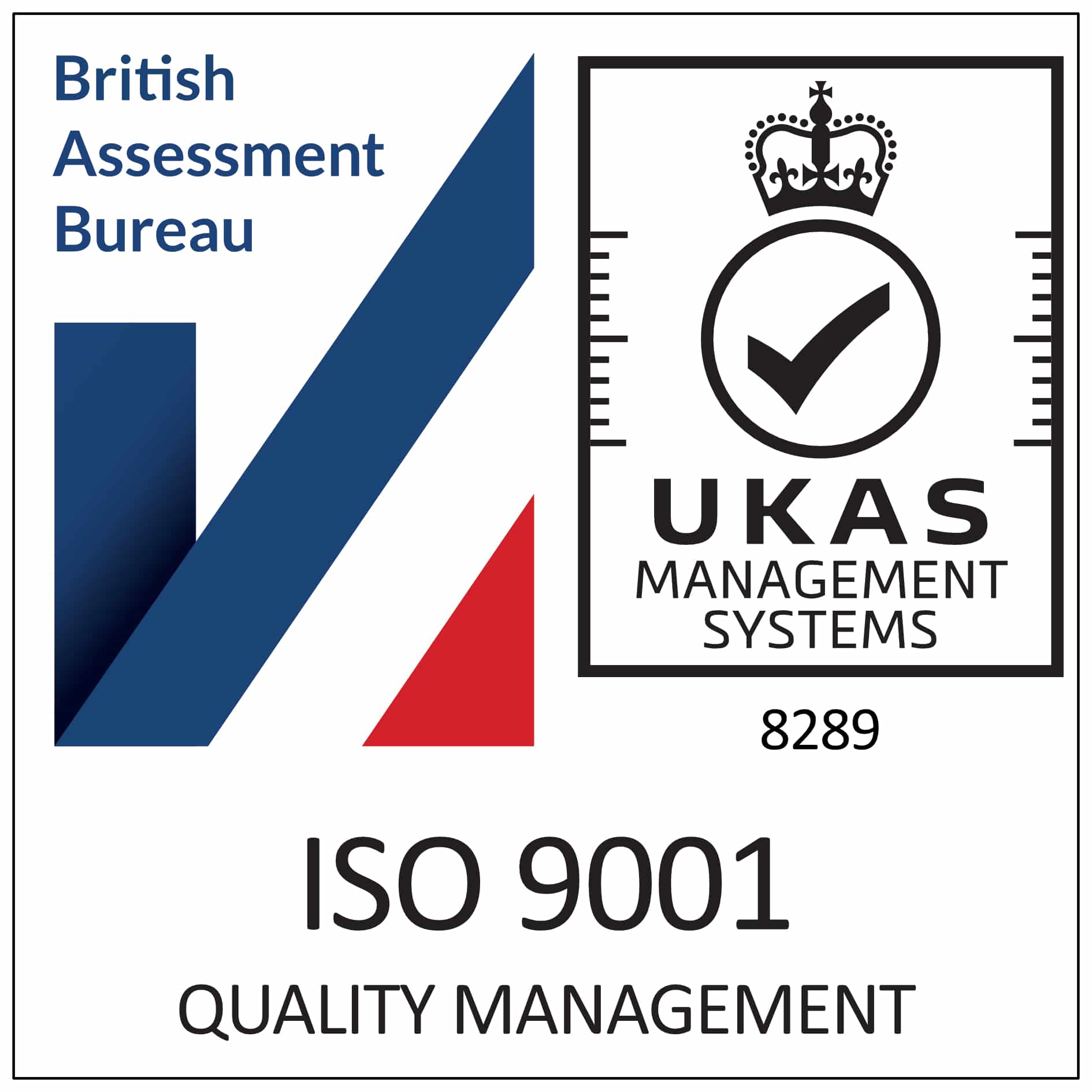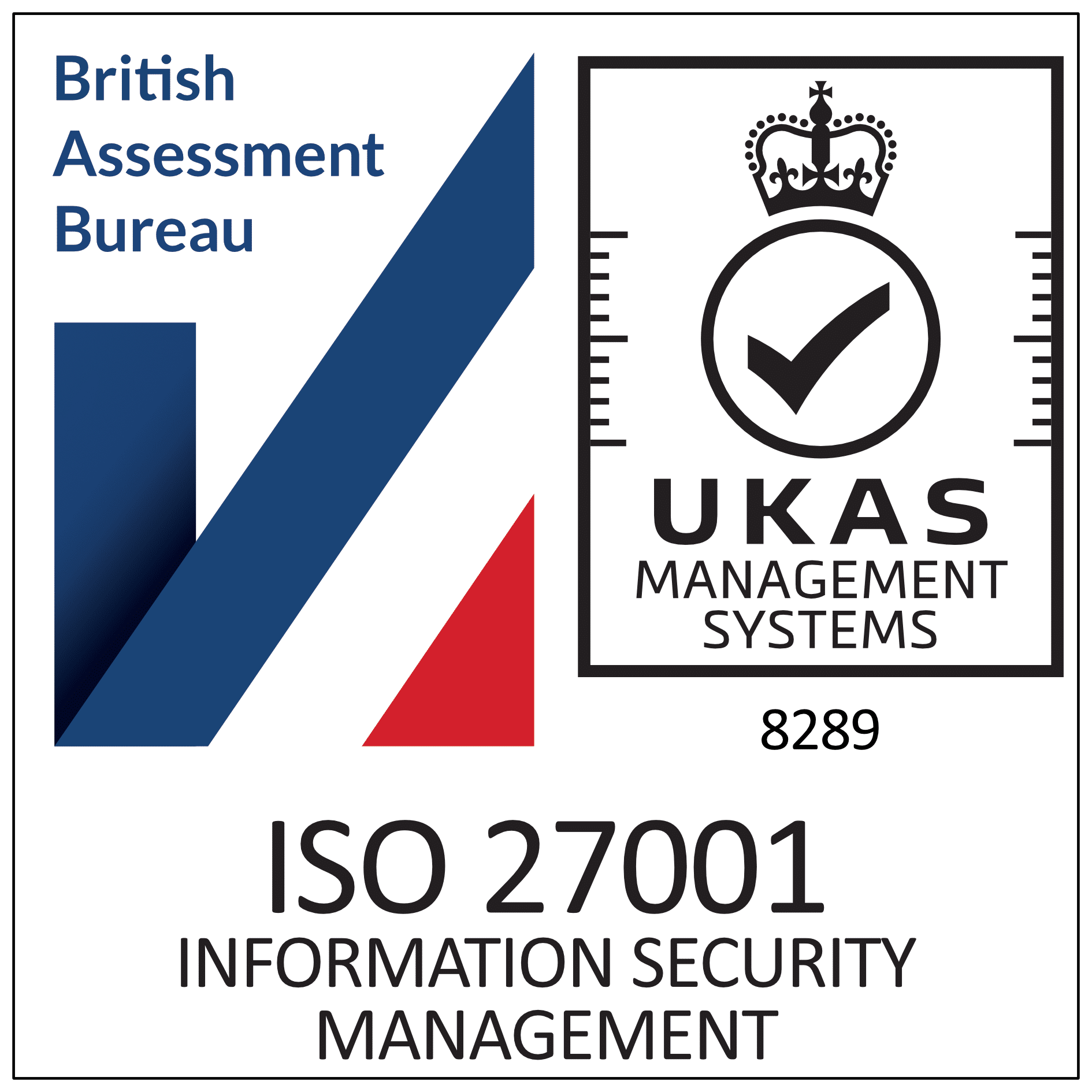As conversations around sustainability and carbon neutrality intensify, the manufacturing industry finds itself under growing pressure to adopt sustainable practices. For manufacturers, sustainability is no longer just a moral imperative, it is a critical business strategy. It drives innovation, reduces costs, and enhances brand reputation while meeting the expectations of increasingly eco-conscious consumers.
Microsoft Dynamics 365 (D365) is at the forefront of enabling manufacturers to minimise their environmental impact and achieve sustainability goals. Here’s how D365 is helping manufacturers drive meaningful change across key areas of sustainability.
Energy Management and Efficiency
Manufacturing is the highest-emitting component of the industrial sector, contributing to 72% of industrial emissions globally. Improving energy efficiency can address over 40% of energy-related greenhouse gas (GHG) emissions across all sectors by 2040.
AI and machine learning are central to this transformation. With D365, manufacturers can use real-time data to monitor energy consumption, identify inefficiencies, and take corrective action.
By integrating with IoT sensors and energy meters, D365 provides accurate tracking of energy usage. This allows manufacturers to:
- Analyse consumption patterns.
- Optimise production schedules for off-peak times.
- Reduce both energy costs and carbon footprints.
Additionally, resource management tools in D365 help manufacturers cut material waste, improve recycling, and utilise resources efficiently, meeting sustainability objectives while reducing costs.
Sustainable Supply Chain Management
Supply chain emissions often exceed a company’s direct emissions by 5.5 times, making sustainable supply chain practices vital. Logistics alone contribute over a third of global carbon dioxide emissions annually. D365 empowers manufacturers with end-to-end visibility into supply chains, enabling them to track, manage, and optimise every stage, from sourcing raw materials to delivering finished products.
By integrating sustainable practices, manufacturers can:
By integrating sustainable practices, manufacturers can:
- Choose eco-friendly transportation
- Optimise logistics to reduce emissions
- Achieve up to a 40% reduction in supply chain emissions, as suggested by McKinsey.
Sustainability isn’t just about compliance; it’s about creating a competitive advantage by aligning with consumer and investor values.
Waste Reduction and Circular Economy Initiatives
The circular economy, which minimises waste and maximises resource efficiency, is gaining traction. For example, in Europe, circular economy practices could halve carbon dioxide emissions by 2030.
D365 supports these initiatives by enabling manufacturers to:
D365 supports these initiatives by enabling manufacturers to:
- Conduct product life cycle assessments (LCA) to evaluate environmental impact from creation to disposal.
- Monitor and manage waste production and recycling activities.
- Analyse production data to identify inefficiencies contributing to surplus waste.
These tools empower manufacturers to shift toward a circular model, reducing environmental impact while improving resource efficiency.
Sustainable Product Design
Product design has an outsized influence on sustainability. Research suggests that up to 80% of a product’s environmental impact is determined during the design phase.
D365 integrates environmental considerations into product development, enabling manufacturers to:
D365 integrates environmental considerations into product development, enabling manufacturers to:
- Assess the environmental implications of materials, components, and production techniques
- Prioritise lightweight materials and energy-efficient processes to reduce carbon footprints.
By embracing sustainable design, manufacturers can meet the growing demands of eco-conscious consumers while fostering innovation and competitive advantage.
Supporting Renewable Energy Integration
The transition to renewable energy is key to achieving carbon neutrality. Increasing renewable energy usage to 86% globally by 2050 could reduce carbon emissions by 70%, according to the International Renewable Energy Agency (IRENA).
D365 helps manufacturers integrate renewable energy sources such as solar, wind, or bioenergy into their processes. Tools within D365 ensure the efficient monitoring and management of renewable energy use, reducing dependence on fossil fuels and accelerating progress towards carbon neutrality.
D365 helps manufacturers integrate renewable energy sources such as solar, wind, or bioenergy into their processes. Tools within D365 ensure the efficient monitoring and management of renewable energy use, reducing dependence on fossil fuels and accelerating progress towards carbon neutrality.
Regulatory Compliance and Environmental Standards
Navigating complex regulatory environments is crucial for manufacturers. D365 provides tools for managing compliance with local and international environmental standards, including ISO 14001.
With D365, manufacturers can:
With D365, manufacturers can:
- Track environmental performance.
- Document compliance efforts.
- Generate reports for regulatory agencies, reducing the risk of non-compliance.
Meeting regulatory requirements isn’t just about avoiding penalties—it’s about demonstrating leadership in environmental stewardship to customers and investors alike.
At Intelisense, we are deeply committed to Environmental, Social, and Governance (ESG) principles. Our partnership with Microsoft aligns with global sustainability goals, including initiatives like the SME Climate Hub and the Microsoft Net Zero programme. By integrating sustainability into our services, we empower manufacturers to reduce emissions, optimise resources, and contribute to a sustainable future.
For manufacturers, prioritising sustainability and carbon neutrality is essential for long-term success. Microsoft Dynamics 365 provides comprehensive tools that empower manufacturers to:
- Manage energy efficiently
- Build sustainable supply chains
- Reduce waste and embrace circular economy practices
- Design environmentally friendly products
- Integrate renewable energy sources
- Comply with regulatory standards.
Discover More: Download Our Free Whitepaper
The manufacturing industry is undergoing a profound transformation, with sustainability and smart factory technologies leading the charge. To explore this topic in greater detail, download our free whitepaper:
The Future of Manufacturing – How Microsoft Dynamics 365 Transforms Smart Factories.
This whitepaper offers:
- Insights into key trends driving sustainable manufacturing.
- Strategies for adopting carbon-neutral practices.
- Detailed analysis of how D365 empowers manufacturers to succeed in a sustainable future.
Empower your business with actionable insights and stay ahead of the curve. Download Now!




